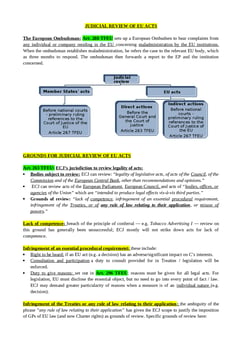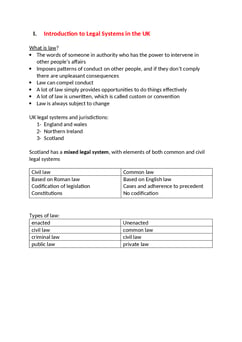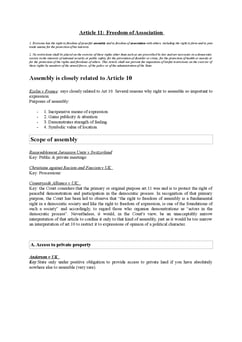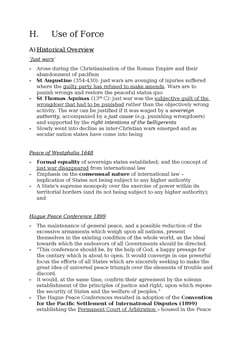R (on the application of Miller) v Secretary of State for Exiting the European Union [2017] UKSC 5
Judgement for the case R (on the application of Miller) v Secretary of State for Exiting the European Union
Table Of Contents
KEY POINTS
Section 2 of the European Communities Act 1972 (ECA) establishes a dynamic legal process in which European Union (EU) law becomes an integral part of UK law, holding precedence over all domestic sources, including statutes. As long as the ECA is in effect, it treats EU law as an independent and superior source of domestic law. This essentially transfers legislative powers from the UK Parliament to EU institutions unless Parliament chooses to revoke or alter this arrangement at a later date.
The removal of certain existing domestic rights of UK residents as a result of withdrawing from the EU makes it unacceptable for the Government to initiate such withdrawal without prior authorization from Parliament.
FACTS
Following the Brexit referendum in 2016, claimants, Gina Miller and Deir Dos Santos, along with other interested parties, brought a legal challenge arguing that the government could not trigger Article 50 of the Treaty on European Union (TEU), which initiates the formal process of withdrawing from the EU, without obtaining prior authorization from Parliament.
The government, led by Prime Minister Theresa May, argued that it could use its prerogative powers to initiate the Article 50 process without the need for parliamentary approval. Prerogative powers are the residual legal powers retained by the monarch, but exercised by the government.
Article 50 of the Treaty on the European Union outlines the process for a member state to withdraw from the EU. The main issue pertains to whether the UK government can lawfully issue a withdrawal notice without prior authorization from Parliament.
Additionally, there are devolution issues concerning whether the devolved legislatures in Northern Ireland, Scotland, and Wales need to be consulted or agree before the notice can be served. The dispute revolves around the interpretation of the European Communities Act 1972 and subsequent statutes that incorporated EU obligations into UK law, as well as the European Union Referendum Act 2015.
JUDGEMENT
Appeal dismissed.
COMMENTARY
The case brought to light the complex constitutional implications of Brexit and the need for clear legal procedures in managing the withdrawal from the European Union. It highlighted the importance of parliamentary scrutiny and approval in such significant matters.
For Further Study on R (on the application of Miller) v Secretary of State for Exiting the European Union

European Law notes fully updated for recent exams at Oxford and Camb...
Need instant answers? Our AI exam tutor is here to help.
Ask questions 🙋 Get answers 📔 It's simple 👁️👄👁️
Our AI is educated by the highest scoring students across all subjects and schools. Join hundreds of your peers today.
Get StartedSimilar Cases
Related Product Samples
These product samples contain the same concepts we cover in this case.



